01. Hungry for Love 2:35
02. I Can't Forget 2:54
03. That Wonderful Someone 2:24
04. Stop the World (And Let Me Off) 2:17
05. If I Could See the World (Through the Eyes of a Child) 2:54
06. Cry Not for Me 1:58
07. Just Out of Reach 2:40
08. I Can See an Ange 2:34
09. If I Could Only Stay Asleep 2:18
10. I'm Blue Again 2:38
11. Yes, I Understand 2:22
12. Life's Railway to Heaven 2:24
13. Today, Tomorrow and Forever 2:50
14. Just a Closer Walk with Thee 2:27
One of the greatest singers in the history of country music, Patsy Cline also helped blaze a trail for female singers to assert themselves as an integral part of the Nashville-dominated country music industry. She was not alone in this regard; Kitty Wells had become a star several years before Cline's big hits in the early '60s. Brenda Lee, who shared Cline's producer, did just as much to create a country-pop crossover during the same era; Skeeter Davis briefly enjoyed similar success. Cline has the most legendary aura of any female country singer, however, perhaps due to an early death that cut her off just after she had entered her prime.
Cline began recording in the mid-'50s, and although she recorded quite a bit of material between 1955 and 1960 (17 singles in all), only one of them was a hit. That song, "Walkin' After Midnight," was both a classic and a Top 20 pop smash. Those who are accustomed to Cline's famous early-'60s hits are in for a bit of a shock when surveying her '50s sessions (which have been reissued on several Rhino compilations). At times she sang flat-out rockabilly; she also tried some churchy tear-weepers. She couldn't follow up "Walkin' After Midnight," however, in part because of an exploitative deal that limited her to songs from one publishing company.
Circumstances were not wholly to blame for Cline's commercial failures. She would have never made it as a rockabilly singer, lacking the conviction of Wanda Jackson or the spunk of Brenda Lee. In fact, in comparison with her best work, she sounds rather stiff and ill-at-ease on most of her early singles. Things took a radical turn for the better on all fronts in 1960, when her initial contract expired. With the help of producer Owen Bradley (who had worked on her sessions all along), Cline began selecting material that was both more suitable and of a higher quality than her previous outings.
"I Fall to Pieces," cut at the very first session where Cline was at liberty to record what she wanted, was the turning point in her career. Reaching number one in the country charts and number 12 pop, it was the first of several country-pop crossovers she was to enjoy over the next couple of years. More important, it set a prototype for commercial Nashville country at its best. Owen Bradley crafted lush orchestral arrangements, with weeping strings and backup vocals by the Jordanaires, that owed more to pop (in the best sense) than country.
The country elements were provided by the cream of Nashville's session musicians, including guitarist Hank Garland, pianist Floyd Cramer, and drummer Buddy Harmon. Cline's voice sounded richer, more confident, and more mature, with ageless wise and vulnerable qualities that have enabled her records to maintain their appeal with subsequent generations. When k.d. lang recorded her 1988 album Shadowland with Owen Bradley, it was this phase of Cline's career that she was specifically attempting to emulate.
It's arguable that too much has been made of Cline's crossover appeal to the pop market. Brenda Lee, whose records were graced with similar Bradley productions, was actually more successful in this area (although her records were likely targeted toward a younger audience). Cline's appeal was undeniably more adult, but she was always more successful with country listeners. Her final four Top Ten country singles, in fact, didn't make the pop Top 40.
Despite a severe auto accident in 1961, Cline remained hot through 1961 and 1962, with "Crazy" and "She's Got You" both becoming big country and pop hits. Much of her achingly romantic material was supplied by fresh talent like Hank Cochran, Harlan Howard, and Willie Nelson (who penned "Crazy"). Although her commercial momentum had faded slightly, she was still at the top of her game when she died in a plane crash in March of 1963, at the age of 30. She was only a big star for a couple of years, but her influence was and remains huge. While the standards of professionalism on her recordings have been emulated ever since, they've rarely been complemented by as much palpable, at times heartbreaking emotion in the performances. For those who could do without some of more elaborate arrangements of her later years, many of her relatively unadorned appearances on radio broadcasts have been thankfully preserved and issued.
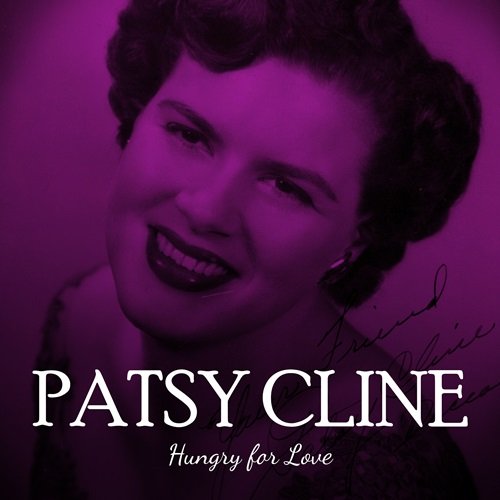

![Greg Foat & Sokratis Votskos with The Giorgos Pappas Trio - Impressions of Samos (2026) [Hi-Res] Greg Foat & Sokratis Votskos with The Giorgos Pappas Trio - Impressions of Samos (2026) [Hi-Res]](https://www.dibpic.com/uploads/posts/2026-02/1771506483_sa4kxxin052ht_600.jpg)
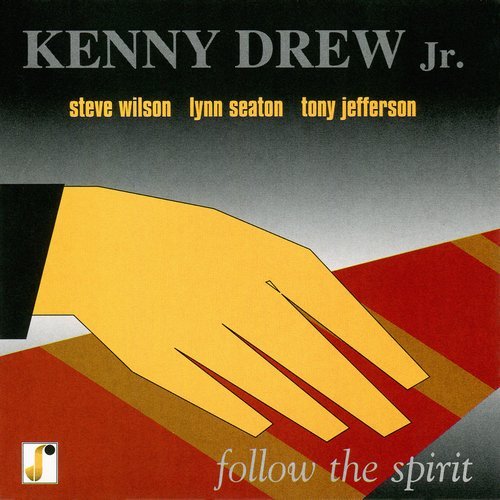
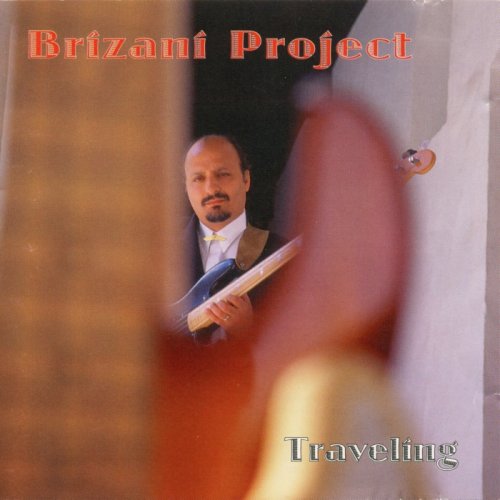
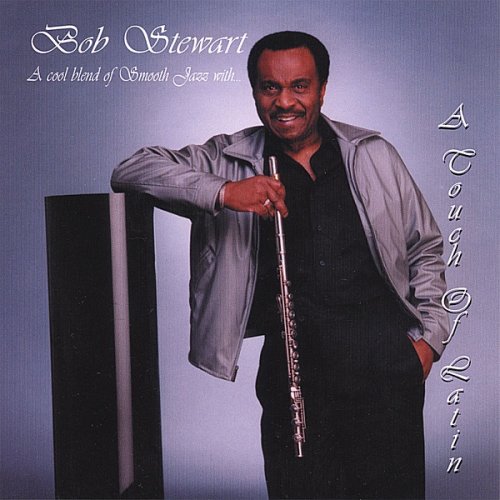
![Vivian Rosie - Twilight Voodoo (2026 Remaster) [Hi-Res] Vivian Rosie - Twilight Voodoo (2026 Remaster) [Hi-Res]](https://www.dibpic.com/uploads/posts/2026-02/1771389602_cover.jpg)

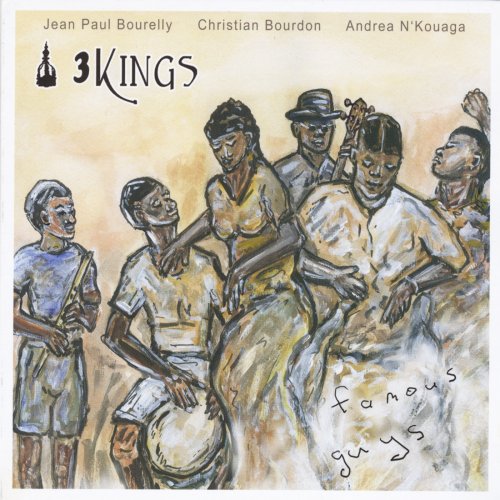

![Julian Lage - View with a room & The layers (2023) [UHQ-CD] Julian Lage - View with a room & The layers (2023) [UHQ-CD]](https://www.dibpic.com/uploads/posts/2026-02/1771252057_front.jpg)